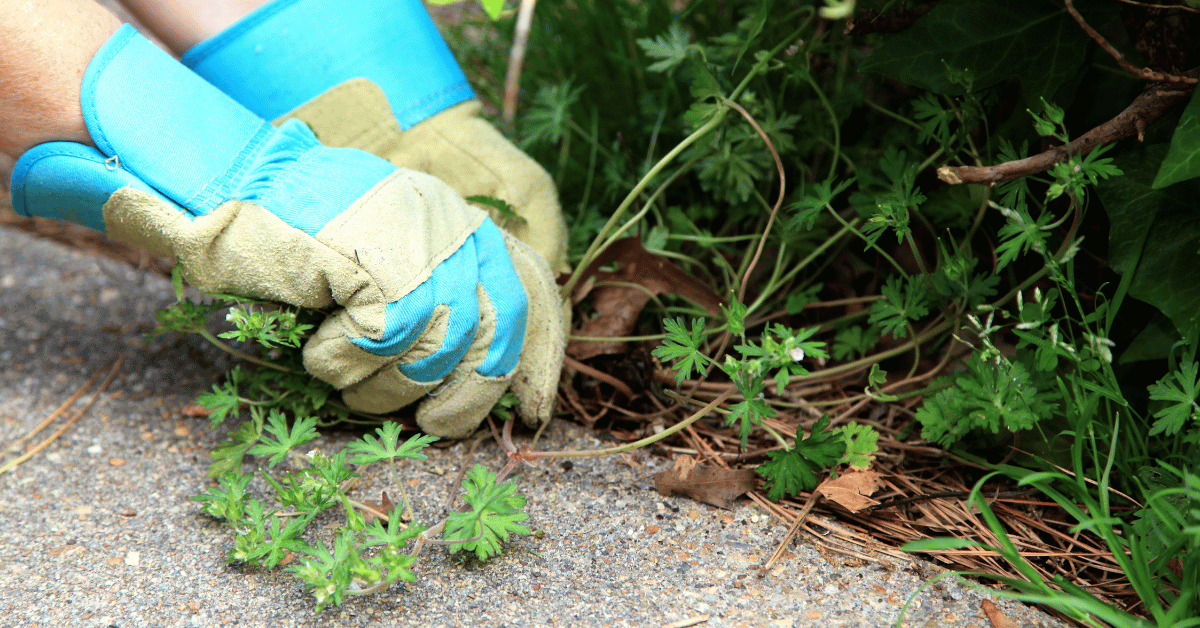
Every business that enters a regulated market quickly discovers that success depends on more than just having a good product. In Canada, natural health products and cannabis are two industries that continue to grow, yet they operate under very different licensing systems. At first glance, both might appear to fall under similar health-related categories, but the truth is that their regulatory frameworks, application processes, and compliance obligations are worlds apart.
For entrepreneurs, manufacturers, or importers, knowing whether a product belongs in the natural health product pathway or the cannabis licensing framework can be the deciding factor between a smooth market entry and a long, costly setback. This article breaks down the distinctions between the two licenses, highlights common challenges, and explains why choosing the correct path matters for long-term compliance and growth.
Natural health products (NHPs) are defined by Health Canada as substances that help maintain or improve health. Unlike conventional drugs, they are typically seen as low-risk but must still meet strict standards before being sold. Common examples include:
Because these products are consumed for health purposes, Canada requires careful oversight to ensure they are safe, effective, and of consistent quality.
NHPs are regulated under the Natural Health Products Regulations (NHPR), which fall within the Food and Drugs Act. The focus is ensuring Canadians have access to safe, high-quality products backed by credible evidence.
Businesses must secure two types of licenses:
Without both licenses in place, natural health products cannot legally be marketed or sold in Canada.
Cannabis products, while also tied to health and wellness for some consumers, exist in a separate regulatory environment. They include:
Unlike NHPs, cannabis products are tightly controlled because of their psychoactive potential and the risk of diversion to the illegal market.
Cannabis is regulated under the Cannabis Act and Cannabis Regulations, overseen by Health Canada. The framework was designed not only to support legal access but also to prevent misuse and safeguard public health.
Cannabis licenses are more complex and fall into multiple categories depending on the business model:
Applicants must also clear security checks, maintain seed-to-sale tracking systems, and comply with Good Production Practices (GPP). In some cases, EU-GMP certification is necessary for businesses looking to export internationally.
Both sectors have unique obstacles that can delay or derail a company’s plans:
Ongoing Obligations – Once licensed, businesses must maintain strict compliance with GMP, GPP, or EU-GMP standards.
Failing to recognize the distinctions between these two licensing systems can result in serious setbacks. For example:
Understanding the requirements upfront saves businesses from unnecessary risks and builds long-term trust with regulators and consumers.

MFLRC specializes in guiding companies through licensing and compliance for both natural health products and cannabis. With deep expertise in GMP, EU-GMP, and GPP compliance, we provide tailored strategies to help businesses achieve approval and maintain operational excellence.
Our services include:
Working with experienced consultants reduces the chances of delays, rejections, or penalties, giving businesses confidence in their licensing journey.
Natural health products and cannabis may both fall within the broader health and wellness space, but their licensing requirements in Canada are fundamentally different. NHP licensing emphasizes safety, efficacy, and consumer access, while cannabis licensing is built on strict controls, traceability, and security.
For businesses, the key is recognizing these distinctions early and building a strategy that aligns with the correct regulatory pathway. By doing so, they not only protect themselves from compliance risks but also create a strong foundation for growth.
MFLRC is here to support companies through this process, providing the expertise and guidance needed to successfully navigate complex regulatory environments. Whether your focus is natural health, cannabis, or both, the right licensing strategy ensures that your products reach the market legally and sustainably.
| Disclaimer |
| The above blog post is provided for informational purposes only and has not been tailored to your specific circumstances. This blog post does not constitute legal advice or other professional advice and may not be relied upon as such. |

MFLRC is a one-stop shop for all of your Licensing, quality assurance and compliance needs. Our team has years of experience in the cannabis industry and are experts in all facets. We offer a variety of services that will save you time and money. Let us take the burden off your shoulders so you can focus on what’s important – growing your business.
Contact us Now!
Mussarat Fatima, President, and owner of MF Cannabis License and Regulatory Consultants has more than twenty years of experience in Quality Assurance, Quality Control, and Regulatory Affairs within the pharmaceutical, Food and Cannabis industries. She has a Master’s Degree in Food Sciences and Biochemistry; in addition to this, she also has a diploma in pharmaceutical Quality Assurance, Regulatory Affairs, and Quality Control. Also, she has completed several certifications specifically in Cannabis Quality Assurance, Regulatory Affairs, and Facility management from recognized institutes in Canada.

Written By: Mussarat Fatima
President at MF License & Regulatory Consultants
Website: https://mflrc.com/
Contact: info@mflrc.com